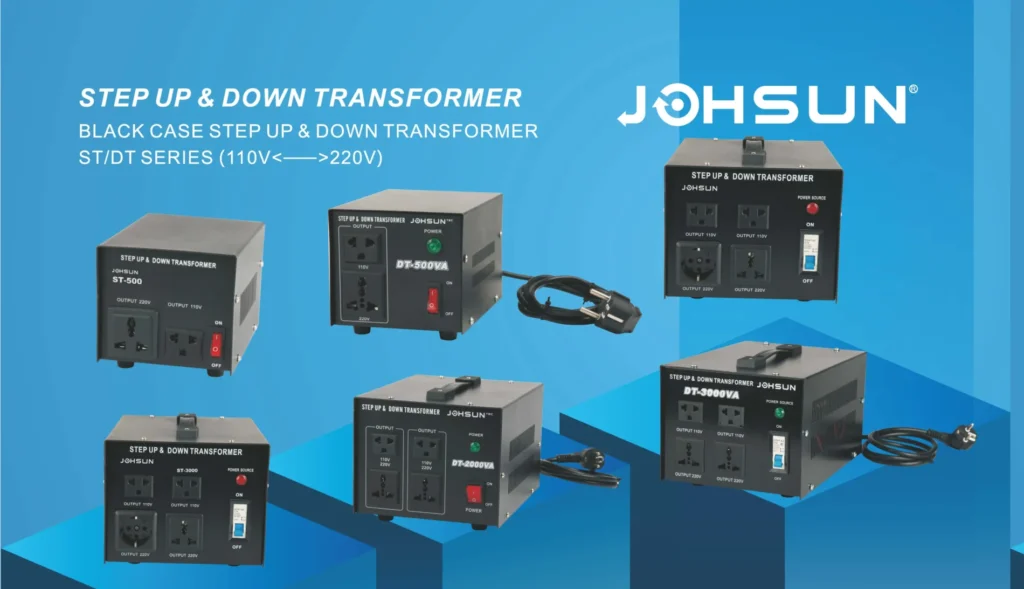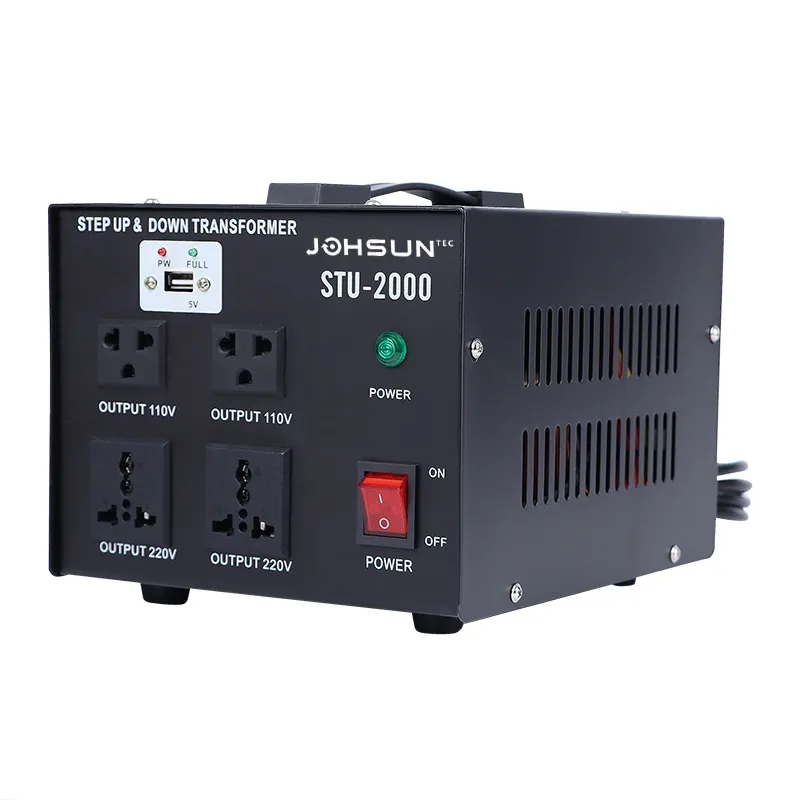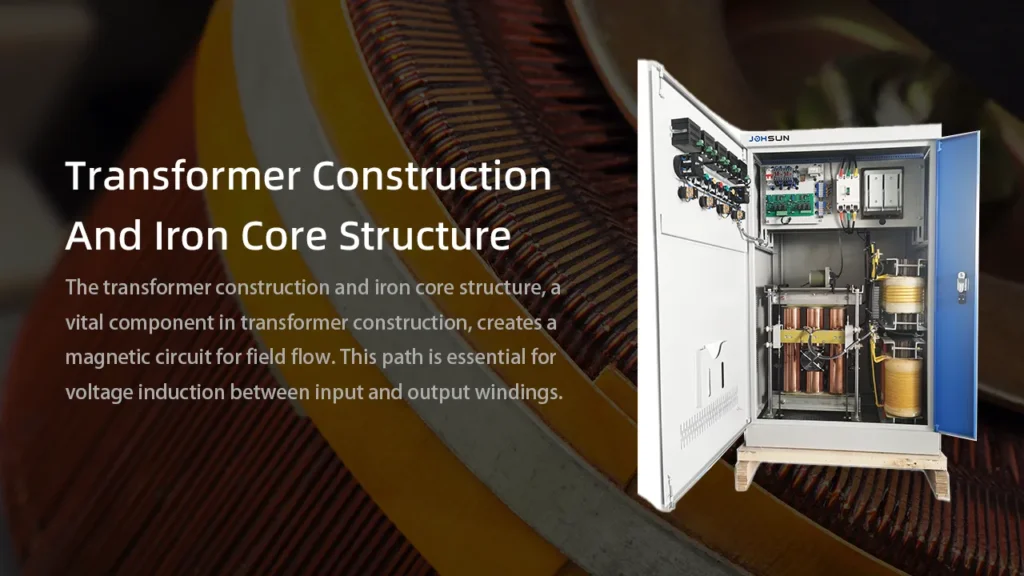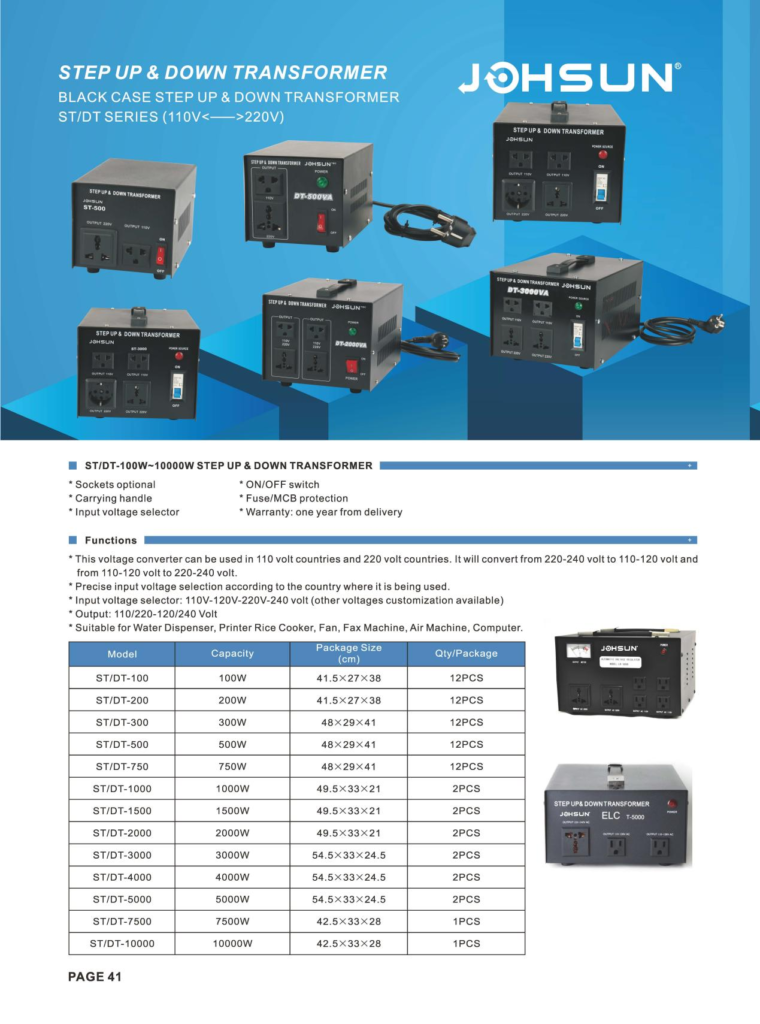Step-Up & Step-Down Transformer Symbols Explained and Application Guide
Have you ever stared at a complex circuit diagram, baffled by those mysterious symbols? Especially as a distributor or retailer, being able to quickly identify the type and function of a step up or step down transformer is crucial. Understanding the Step-Up & Step-Down Transformer Symbols play a key role in electrical systems, helping to regulate voltage and ensure safe, stable operation for your equipment. In this article, we’ll walk you through the essential product symbols for these transformers, making it easy for you to recognize and use them—so you can boost your purchasing and sales efficiency.
Learn the Basics of Step-Up & Step-Down Transformer Symbols
Before diving into the Transformer Symbols, let’s quickly review the basics. A transformer is mainly made up of a core and windings, and it uses electromagnetic induction to increase or decrease voltage.
- Step-up transformer: Increases the input voltage to a higher output voltage.
- Step-down transformer: Decreases the input voltage to a lower output voltage.
Common Product Symbols for Step Up & Down Transformers
Transformer symbols usually include coils, a core, and connection terminals. Here are some key features:
- Coil symbol: Typically shown as a series of loops or squiggly lines, representing the windings.
- Core symbol: Two parallel lines indicate an iron core; dashed or no lines mean a coreless or special structure.
- Step-up transformer symbol: The primary winding is smaller, and the secondary winding is larger, indicating an increase in voltage.
- Step-down transformer symbol: The primary winding is larger, and the secondary winding is smaller, indicating a decrease in voltage.
- Single-phase vs. three-phase: Single-phase transformers show one set of windings; three-phase transformers show three sets, arranged in a triangle (delta) or star (wye) pattern.
Key Transformer Symbols Decoded
Did you know? Every detail in a transformer symbol has a purpose.
- Turns ratio: The number of loops in the symbol often reflects the voltage ratio—the more loops, the higher the voltage.
- Polarity dot: A small dot marks the start of a winding, ensuring correct connections.
- Center tap: A tap in the middle of the winding, often used to provide a midpoint voltage or grounding.
These details help you accurately judge the transformer’s performance and wiring.
Specialized Symbols:
| Symbol Type | Representation | Application Example |
|---|---|---|
| Single-Phase | Single coil pair | Residential appliances |
| Three-Phase | Three coil triangles/stars | Industrial equipment |
| Center-Tapped | Dot on coil midpoint | Dual-voltage outputs |
| Shielded | Dashed line between coils | Noise-sensitive circuits |
Applying Symbols in Selection and Purchasing
As a distributor or retailer, quickly recognizing these symbols can save you a lot of time.
- Use the symbol to tell if the transformer is step-up or step-down.
- Identify single-phase or three-phase to meet different customer needs.
- Confirm if there’s a center tap or special structure to avoid ordering mistakes.
This way, you can confidently recommend the right products to your clients.
Practical Applications for Distributors
- Rapid Identification:
- Step-Up Symbol → Solar farms, transmission lines
- Step-Down Symbol → Consumer electronics, HVAC systems
- Ordering Checklist:
- Confirm phase type (single/three)
- Verify input/output voltage ratios
- Check for shielding/center taps if needed
Johsun Tec’s Standardized Symbols and Product Advantages
At Johsun Tec, we stick to standardized symbols to ensure every product is clear and consistent.
- Standardized symbols: Make it easy for customers to recognize and select products.
- Technical support: Standardized symbols help with after-sales service and troubleshooting.
- Quality assurance: Our transformers are reliable, and the symbols accurately reflect product performance.
Explore our product catalog or contact sales@johsuntech.com for custom solutions.
Transformer symbols may look complicated at first, but once you know what to look for, you’ll find them easy to recognize and use. Understanding these symbols not only improves your purchasing efficiency but also helps you serve your customers better. Want to learn more? Visit the Johsun Tec website or contact us directly for personalized support. Let’s work together to provide the best step up and down transformer solutions for your clients!
FAQ
Can I reverse a step-down transformer as step-up?
Technically yes, but efficiency drops due to design optimizations.
How to identify center-tapped transformers?
Look for the midpoint dot symbol (- ) on secondary coils.
How can I quickly tell if a transformer is step-up or step-down?
check the size ratio of the coils in the symbol and any labels.
What’s the purpose of a center tap?
It provides an extra voltage level or grounding, useful for various circuit designs.





